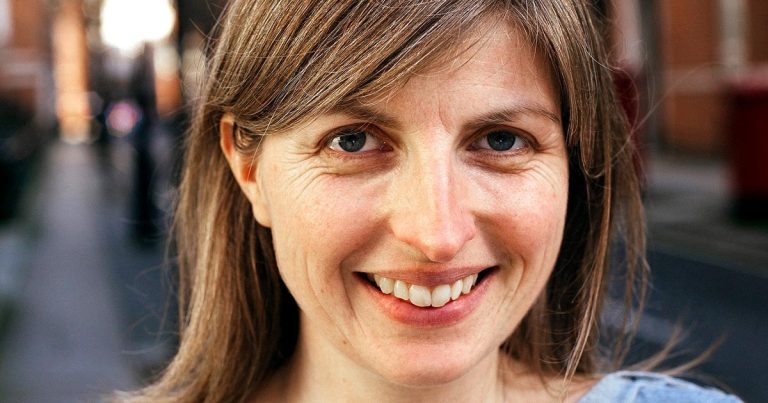9 Jan 2023
Chief executive Lizzie Lockett believes recent history has shown both her organisation, and the wider sector, can provide for animals and the public despite current challenges.

RCVS chief executive Lizzie Lockett hailed her colleagues’ efforts in helping to develop the plan.
The veterinary profession can face up to its challenges in 2023 if its approach is based on compassion, courage and confidence, the RCVS chief executive says.
Lizzie Lockett believes recent history has shown that both her organisation, and the wider sector, can provide for animals and the public despite the current problems.
The college has a swift start to its new year agenda, with a final decision on its contentious “under care” proposals expected to be made at a council meeting in Nottingham on 19 January.
The continuing campaign to reform veterinary legislation, along with planned changes to EMS rules and renovation of its London offices, are also among the college’s priorities for the year ahead.
But Miss Lockett maintains the short-term problems of recent years are not deflecting the college from its long-term priorities.
She said: “We are now on year four of our strategic plan, and we have some big projects and priorities to deliver on.”
Miss Lockett added: “One thing the past few years has shown us is that, while we never know what is around the corner, the RCVS can deliver for the professions, and the professions can deliver for animals and the public, if our values are grounded in compassion, courage and confidence.”
Another area where work is set to continue this year is in tackling the ongoing problems of retention and recruitment.
In autumn, the college published its Workforce Action Plan, which admitted current rates of departure were “unsustainably high” and urged the whole sector to work together to address the issue.
Miss Lockett said: “We know that the professions are still under considerable pressure at the moment, so this work is still as important as it was when we first launched the project in autumn 2021.”
Projects such as the Mind Matters Initiative, and work on diversity and inclusion as well as leadership, are set to continue, along with a review of clinical career pathways following a discussion event in London last month.
Dozens of delegates took part in the session at the Royal College of Surgeons and proposals are expected to be brought to the college’s education committee in the coming months. The year ahead will also see changes to the accreditation standards for UK veterinary degrees, which were approved by the RCVS council in November 2021, implemented for the first time.
The standards are focused on six key areas: learning environment; organisation, culture and values; educational governance and quality improvement; supporting students; supporting educators; and curriculum and assessment.
The first assessment visit under the new rules is expected to be made to the University of Liverpool this autumn.
Elsewhere, the RCVS expects to begin considering professional conduct concerns under a revised process that was approved at the same session. The plans had attracted concerns from the BVA, which suggested the approach risked “naming and shaming” vets for minor issues.
But the college said the establishment of “stage one” preliminary investigation committees, to replace current case examination groups, together with charter case committees for issues where it is felt a full public hearing is not necessary on public interest grounds, will streamline the process and balance compassion with the needs to maintain professional standards, animal welfare and public confidence.
The college also plans to launch a public advisory group, which it hopes will improve communications with animal owners and the wider public, as well as contributing to service and policy development.
The plan, which was approved at a council meeting last September, is expected to involve a body set up with a council member as its chairperson and at least 30 members representing companion animal, equine, and production animal owners and keepers.